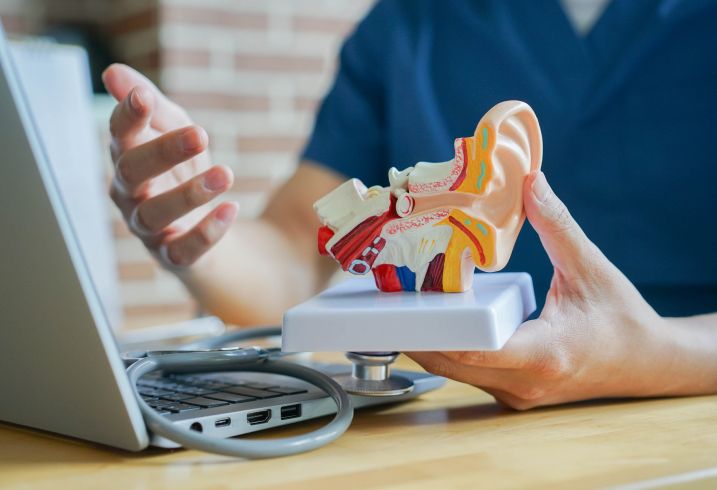Nose Cancer Treatment Singapore

Nose cancer, medically known as nasopharygeal carcinoma ("NPC") is one of the most common cancers in Singapore, China, Taiwan, Hong Kong and Chinese communities in Indonesia, Malaysia and around the world. Studies indicate that the Chinese race is genetically predisposed to this kind of cancer. It is particularly common amongst the Southern Chinese (such as the Cantonese, Teochews and Hokkiens). It is relatively rare in Caucasians, Indians and Japanese.
Studies indicate that for Chinese born in China, the incidence of NPC is 118 times that of Caucasians, while for North American-born Chinese, the incidence of NPC was 7 times that of Caucasians.
NPC occurs more commonly in men. Tragically, NPC often occurs when the patient is in the prime of life, between 30 and 50 years of age.
Studies have shown that the Epstein Barr Virus ("EBV") is a likely cause of NPC. Other implicated factors are polycyclic hydrocarbons (compounds produced in the combustion of fossil fuels), nitrosamines (a chemical seen in salted fish), chronic sinus infections and poor hygiene.
NPC often originates in the back part of the nose and above the soft palate. Because it is not readily visible, its existence is usually not noticed until it is very large or when it causes other symptoms. This explains why it is often diagnosed late. It is therefore important that people who are predisposed to this cancer are aware of the early symptoms.
Treatment for NPC
As with most cancers, early detection is very important, because early-stage NPC, if treated promptly and properly, enjoys a very high cure rate.
If detected early, the NPC may require only radiotherapy. Later stages may require both radiotherapy and chemotherapy. If the NPC fails to respond to radiotherapy or chemotherapy, surgery may be required.
Diagnosis of NPC
- EBV Serology: In recent years, EBV-serology screening has been introduced to help early detection.
- Endoscopic examination: Over the last 20-30 years, ENT doctors have routinely used fibre-optic endoscopes, inserted into the nose and pharynx, to detect NPC and other head and neck cancers. Most ENT clinics in Singapore are equipped to do such a procedure.
- NBI - the latest NPC detection equipment: A new and innovative form of video endoscopy uses a special Narrow Band Illumination (NBI) function. NBI makes use of a specific wavelength of light to illuminate the area. This special light enhances the blood vessels of extremely early cancers which are not yet bulky enough to be seen under normal light. With the help of NBI, head and neck cancers can be detected earlier and more accurately.
Should you be worried?
Yes, if you are Chinese (particularly of Southern Chinese origin) and/or if you have a family history of NPC.
What are the signs and symptoms of NPC?
Yes, if you are Chinese (particularly of Southern Chinese origin) and/or if you have a family history of NPC.
- Blood-stained sputum, usually first thing in the morning. Bleeding from the tumour usually flows into the throat overnight. If the bleeding is excessive, there may also be bleeding from the nose.
- A "blocked" sensation in the ear, hearing loss or tinnitus (a ringing sound) for no apparent reason. The tumour is often situated where the Eustachian tube of the ear opens into the nose. This may affect the normal function of the Eustachian tube. The blocked sensation would be similar to the feeling you may have when landing in a plane or when you have a bad head cold.
- Abnormal lumps in the neck. NPC often spreads to the lymph nodes in the neck.
- Blocked nose, headache, problems with the nerves controlling eye movement, vision and other cranial nerves. These are possible symptoms of later-stage NPC. In later-stage NPC, the cancer would spread to the bones, lungs and liver.
Our Singapore ENT clinic specialises in the end-to-end management of all ear, nose, and throat conditions while keeping the best ENT practices in mind.









